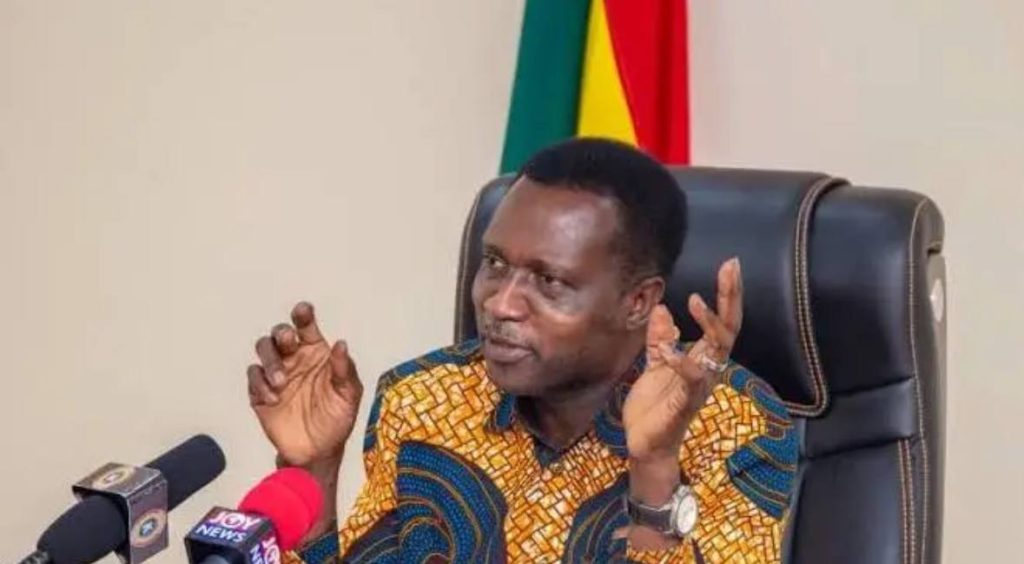In a move that has added new energy to the political landscape, Member of Parliament for Bosomtwe and former Minister of Education, Dr. Yaw Osei Adutwum, has officially announced his intention to run for the New Patriotic Party’s (NPP) presidential candidacy ahead of the 2028 general elections.
Dr. Adutwum, an educationist-turned-politician renowned for his transformative work in Ghana’s education sector, is positioning himself as the leader who can bridge the gap between visionary policy and practical development. His announcement comes at a time when the NPP is beginning to look toward a post-2024 future one that may demand both continuity and innovation.
Dr. Adutwum’s entry into the race signals the emergence of a new breed of leadership within the NPP one driven by data, policy, and reform rather than just politics-as-usual. With a background in education administration in the United States and a reform-minded approach at home, he gained widespread recognition during his tenure as Education Minister, where he spearheaded major initiatives such as the Science, Technology, Engineering, and Mathematics (STEM) High Schools and Free Senior High School reforms.
“I believe it’s time to take bold steps not just in education, but across all sectors,” Dr. Adutwum said during a recent press briefing. “Ghana needs a leader who understands systems thinking, innovation, and the needs of the next generation.”
Dr. Adutwum’s declaration sets the stage for what promises to be a competitive NPP presidential primary. While the 2024 election is still ahead, key figures are already beginning to position themselves for the post-Akufo-Addo era. His candidacy may challenge traditional political heavyweights, introducing a fresh narrative centered on competence, reform, and future-focused leadership.
Political analysts say his greatest asset could be his track record not just of rhetoric, but of results. Under his leadership, Ghana saw significant increases in secondary school enrolment, expanded access to STEM education, and infrastructure projects that modernized the educational landscape.
However, critics point out that translating educational reform into broader national governance will require a shift in scope and approach. The presidency, they argue, demands broader experience in economic management, security, and diplomacy.
Dr. Adutwum has made it clear that his presidency, if achieved, would be education-first. He has often argued that transforming Ghana’s fortunes must begin with transforming minds.
“Education is not just a sector it is the foundation for national transformation,” he stated. “A well-educated, future-ready population is the most powerful tool for economic freedom and global competitiveness.”
With three years until the NPP officially elects its 2028 flagbearer, Dr. Adutwum’s early declaration gives him time to mobilize support, sharpen his policy proposals, and shape his narrative. His journey will likely be defined by how well he convinces the party and the nation that a technocrat can transition into a transformational leader.
As the race quietly begins, one thing is clear: Dr. Yaw Osei Adutwum is no longer just a reformist in the classroom or the ministry, he’s now a contender for the highest office in the land.
